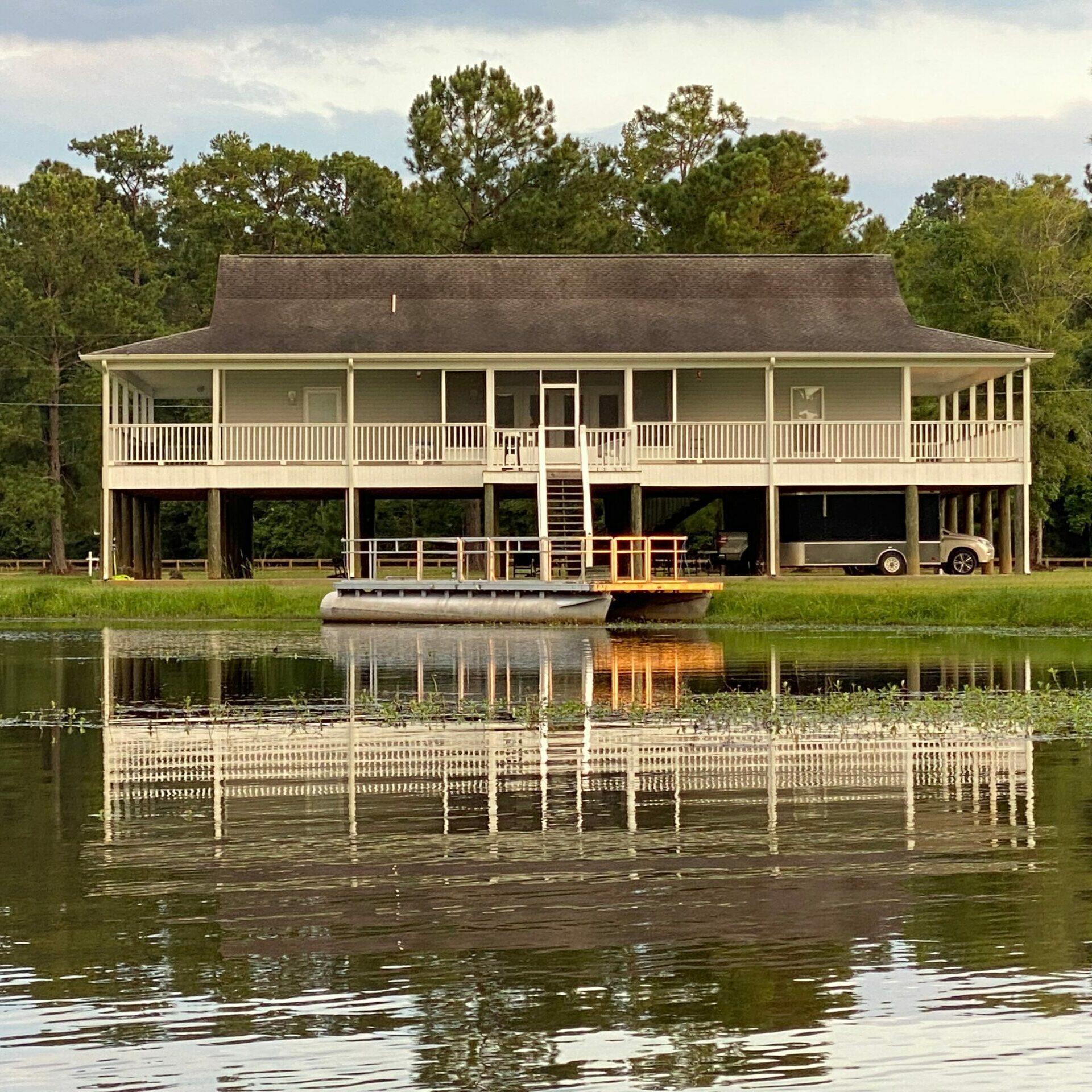By Laura Dugom, Clinical Research Scientist, Target ALS

On February 28—Rare Disease Day—Target ALS, in partnership with ALS Arizona, held a groundbreaking community research event aimed at addressing a persistent challenge in ALS research: diversity. ALS affects people of all ancestries, yet the vast majority of participants in previous ALS research studies and clinical trials—approximately 94%—have been Caucasian. If we truly want to understand the disease and develop treatments that work for everyone, we need to change that.
That’s why we launched our pop-up blood collection initiative in 2024, a nationwide effort to bring research directly to communities that have historically been left out. By partnering with local ALS clinics and in-community organizations, we are making participation in research more accessible—whether due to mobility, financial barriers, or lack of information.
At our event in Arizona, we collected blood samples from individuals with ALS and healthy volunteers, alongside surveys on and environmental factors. A subset of participants also provided saliva samples for microbial sequencing, allowing us to explore potential links between diet and ALS. The response was overwhelming—not just in participation, but in engagement. Individuals with ALS and family members asked questions, learned about genetic testing, and in some cases, even signed up for additional research studies.
This was our second successful pop-up event, and I am thrilled to share that 43% of our participants enrolled in the study are of Hispanic, African American, Asian and Indian descent. This is a huge milestone, considering that in most ALS genetic and clinical research, 94% of participants are Caucasian. We are on track to reach our goal of 300 participants by the end of the year, with the first batch of data available to researchers in the Target ALS Data Engine by April, including long read sequencing and the environmental questionnaire data.
For us, this is about more than just data collection. It’s about empowering people. When individuals participate in research, they gain access to critical information about their own health while actively shaping the future of ALS treatment. Some attendees discover ALS clinics closer to home. Others were inspired to enroll in additional studies. Every single person who donated a sample took an important step in ensuring that future ALS treatments reflect the diversity of those affected by this disease.
Target ALS is proud to be leading the first ever in-community outreach events to accelerate our understanding of genetic and environmental risk factors for disease. If we want effective treatments for everyone with ALS, we need research that includes everyone. Community outreach events like this are making that possible—one blood sample at a time.
Want to get involved? Stay tuned for upcoming pop-up events, or visit Target ALS to learn more about how you can participate. Together, we can break down barriers and drive ALS research forward.





